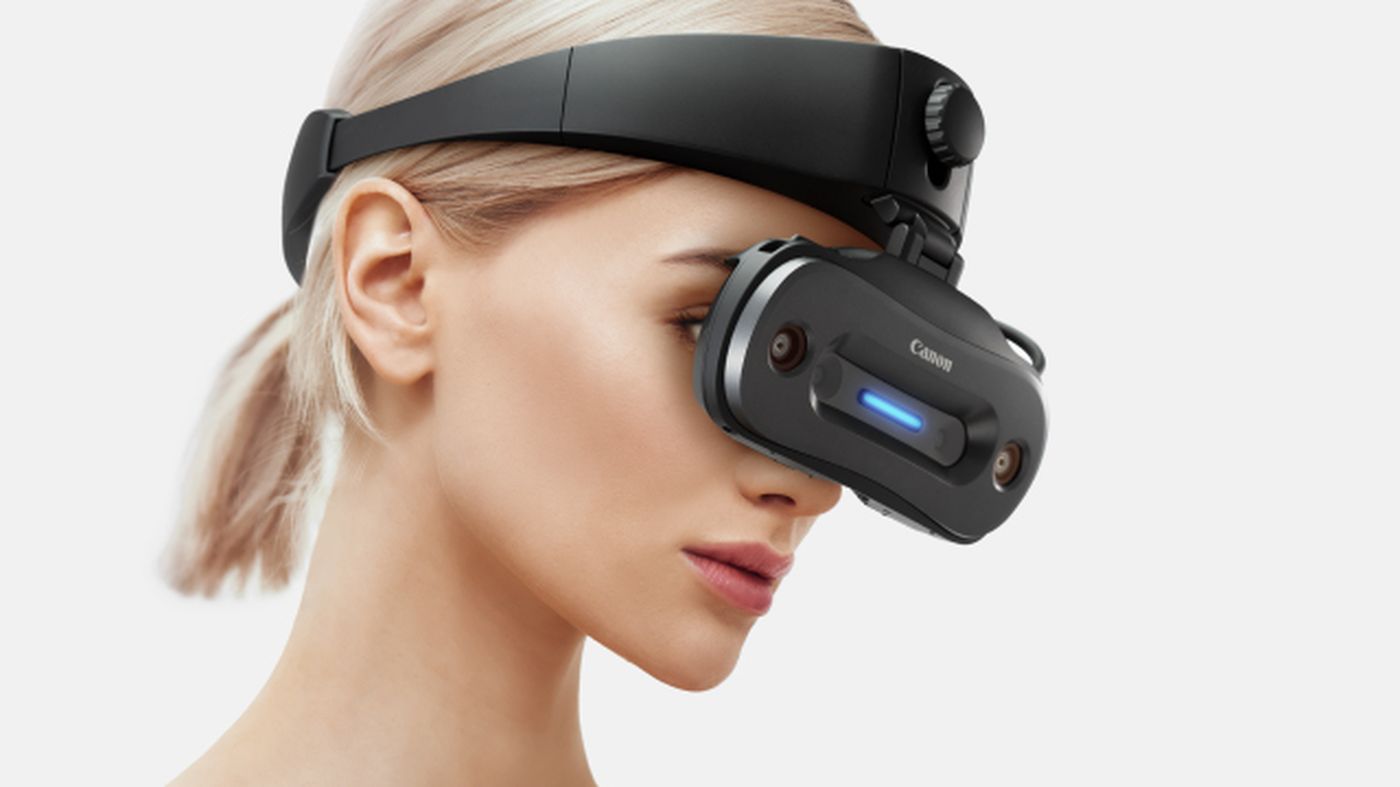Meta-analysis shows VR to be effective in treating anxiety and depression
A meta analysis (analysis and synthesis of several researches on the same field) published on the JMIR Mental Health site indicates that the use of VR technologies makes it possible to improve the effectiveness of therapies against anxiety and depression. As we can imagine, we are talking here of behavioral (or cognitive-behavioral) therapies but also of exposure therapy, treatment methods that are widely preferred in Anglo-Saxon countries (and a little under the extinguisher in France, unfortunately).
Almost all of the articles published on the subject between 2017 and 2021 (i.e. 369 articles in all) were reviewed, and 34 clinical studies were taken into account. In the end, the use of VR as part of cognitive-behavioral therapy significantly improves the effectiveness of treatments against anxiety and depression, even if it can be noted that the cohorts of these clinical tests contain relatively few patients (generally below a hundred).
This meta-analysis also shows that the use of VR goes well beyond the sole framework of video games. Recently, we learned that France was going to use VR and 360 ° immersive videos to fight against the recidivism of perpetrators of domestic violence.



